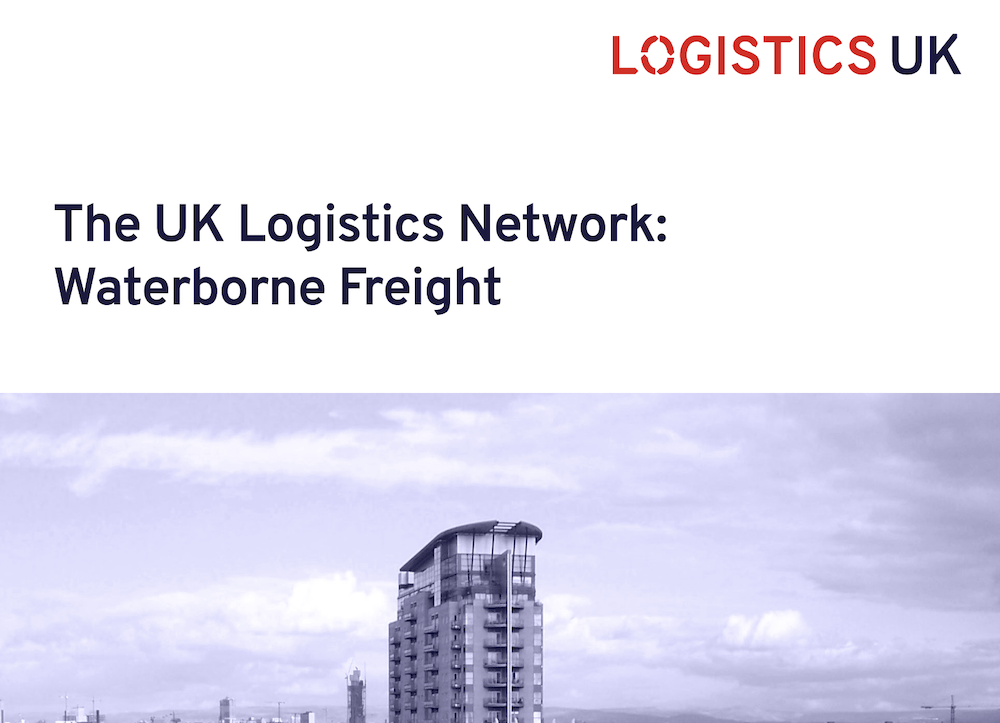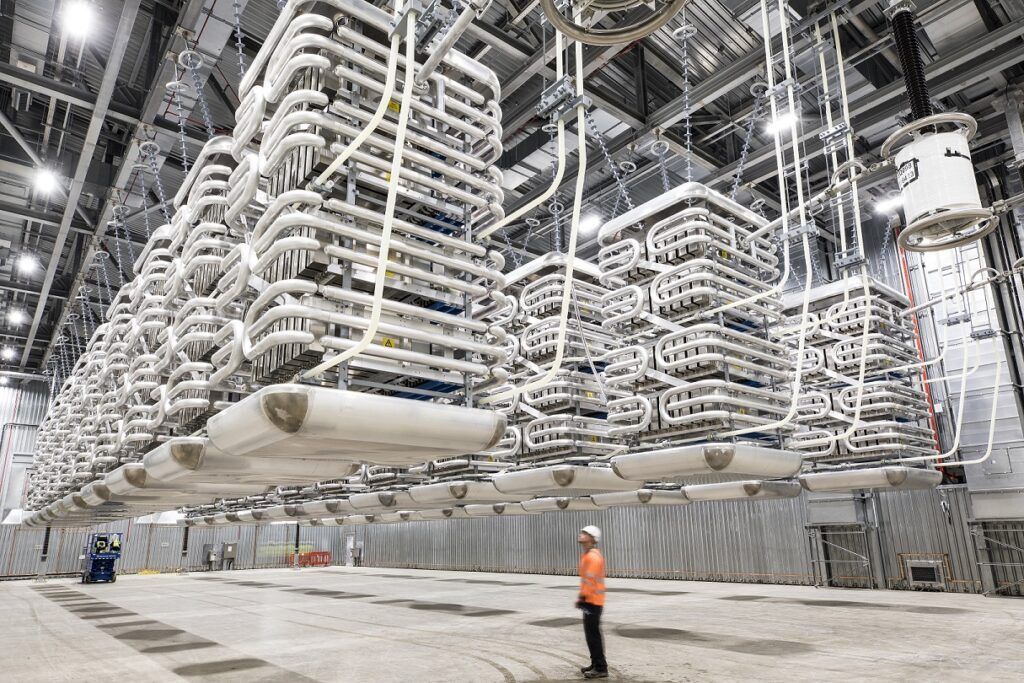The UK’s inland and coastal waterways should be part of modern multimodal logistics and can help road congestion and air quality, a new report has stated.
The findings from The UK Logistics Network: Waterborne Freight, a new report from business group Logistics UK, also said that realising the benefits of waterways will require coordinated action across government, industry and infrastructure providers.
The report also highlights the scale and distribution of waterborne freight flows and emphasises the critical role maritime transport fulfils in supporting national and regional economies.
It identifies examples of local and regional projects that, with appropriate investment, could enable success. For example, the Port of Leeds has the potential to develop Stourton as a wharf to handle significant volumes of cargo, while enhancing the infrastructure, alongside the Manchester Ship Canal, including the development of Port Salford, which could support increased freight traffic.
At a regional level, the report highlights the benefits that could be realised by modernising the Aire and Calder Navigation to facilitate freight movement, expanding Southampton Port infrastructure to handle increased container traffic and investing in the Humber Ports to enhance capacity and supporting the movement of biomass and other bulk commodities.
Logistics UK Head of Infrastructure and Planning Policy Jonathan Walker, said:
“Waterborne domestic freight has the potential to improve the efficiency, sustainability and resilience of the UK logistics sector, supporting the government’s own net zero targets.
“Britain’s waterways have developed over centuries, linking ports to cities and connecting communities with the goods they needed long before motorways and mass railways even existed. It is time that there is coordinated action from government so businesses and the UK economy can realise again the benefits of exploiting this tried and tested delivery network.”
“Too often, vital wharf sites are lost to residential development without recognition of their strategic value to the economy. Protecting freight infrastructure must be embedded in planning policies nationally and locally.”
“If the UK government is serious about improving productivity, decarbonising transport, and ensuring resilience in supply chains.
“The country must make full use of every transport mode available – including the opportunities presented by rivers, canals and estuaries. This is why we are calling on improved government oversight of waterways to ensure freight growth is supported and for the government to encourage investment by setting a clear growth target for water freight, just as has been set for rail freight.”
Image courtesy of Logistics UK











